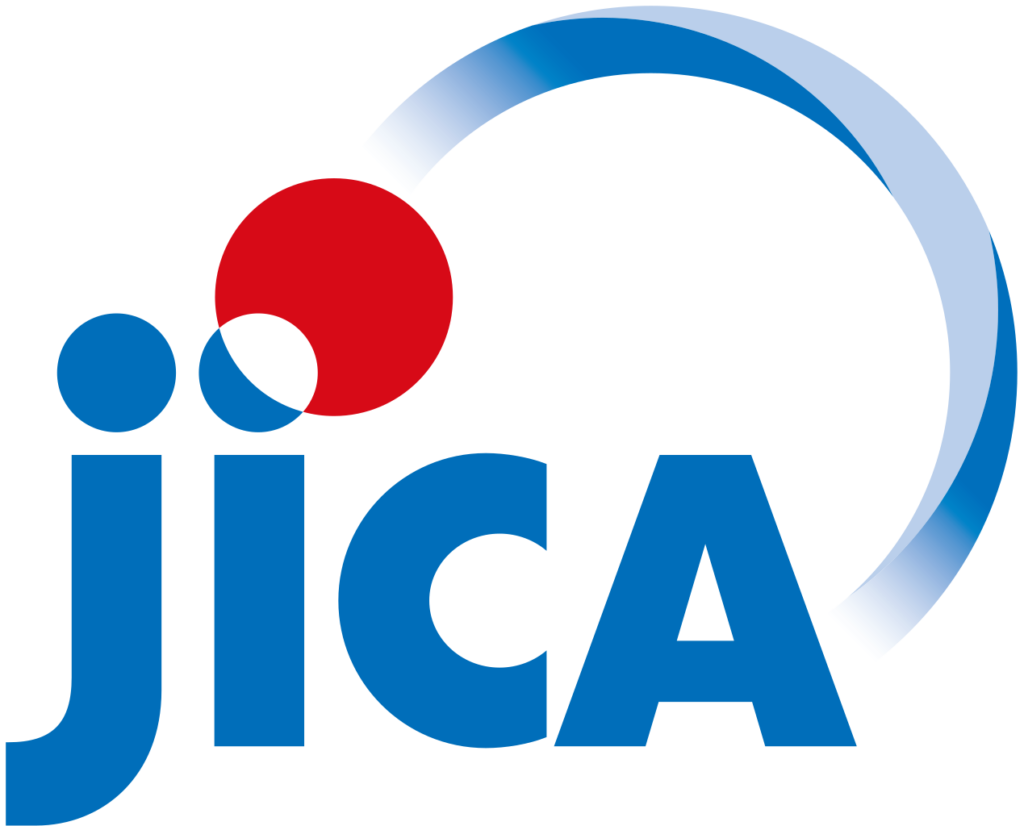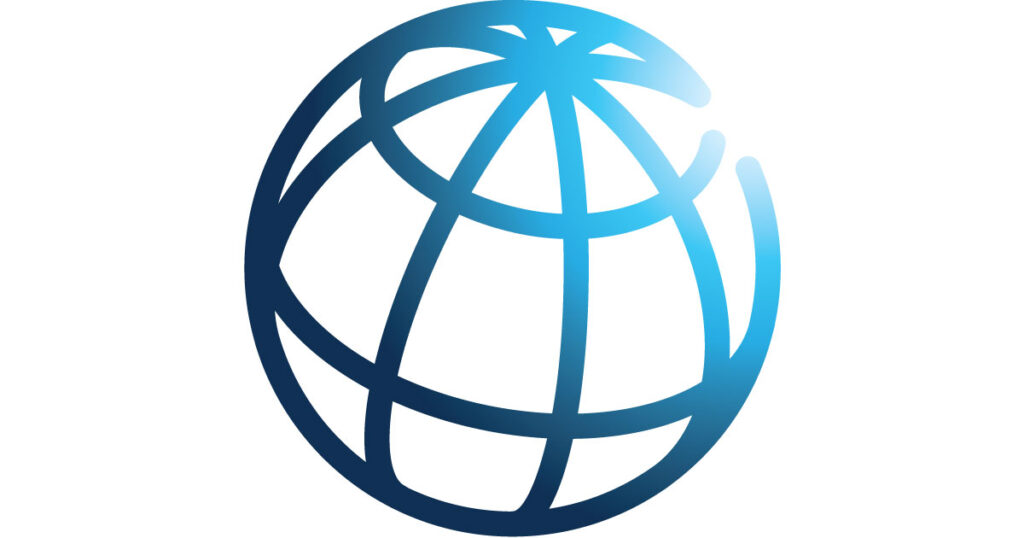promote resource related revenue management and reporting

Japan International Cooperation Agency (JICA)

World Bank
JICA PNG EITI TECHNICAL COOPERATION ON RESOURCE REVENUE MANAGEMENT
Introduction
The primary goal of the Project is to promote resource related revenue management and reporting in accordance with the EITI Standard. The Project consists of expected outputs as listed below;
Output 1: Management of relevant data and information in the Department of Petroleum and Energy is improved.
Output 2: Reporting mechanism among extractive companies and government agencies (mainly PNGEITI National Secretariat) is enhanced.
Output 3: Awareness and implementation structure for EITI is enhanced in the country.
Project report update
Most of the work (activities) is still in progress, while some have been done, some of the activities were postponed to 2021 due to covid19 pandemic.
Output 1: – DPE data management
- New DPE EITI Unit members were appointed.
- Focal point in DPE to coordinate with PNG EITI stakeholders.
- New members including Coordination Branch and IT manager were appointed by the new Secretary.
- Improved information disclosure.
- Launched DPE’s official website.
- Uploaded license map on DPE’s official website
- Improved EITI reporting.
- Decreased the difference in the reported figures between DPE and the entities.
- Improved submission of EITI reporting template.
Output 2: MSG & Reporting Entities
(I). EITI reporting mechanism among extractive companies and government agencies is enhanced.
- Improved modality of reporting process.
- Close collaboration with Reporting Entities by On-site support
- DPE, KPHL, MRDC, DOF, BPNG, MRA
- Regular communication with Independent Administrator
(II). Coordination by National Secretariat
- Improved in technical aspects in the reporting process.
- Enhanced understanding on accounting treatment
- Decreased variances of reporting figures among Extractive Industries and Government of PNG.
- Identified weakness of internal control in GoPNG
- Control over reporting Royalty payments through Trust Account
(III). Improved the Presentation of the Report
- PNG LNG revenue stream from Operator to Beneficiaries
(IV). Improved the Reporting template
- Conducted trainings
- Learning video “Transparency is King” addressing challenges caused by COVID-19
- Online session of “Gender” requirements of 2019 EITI Standard.
Output 3: Awareness Promotion “Awareness and implementation structure for EITI is enhanced in the country.”
1. Awareness raising activities
- Conducted the scoping study in Gulf Province.
- Planning an outreach activity in Gulf Province.
- Supported the exhibition at PNG Mining and Petroleum Conference.
2. Revising the Communication Strategy
- Reviewing the target groups by segmentation.
- Incorporating the monitoring evaluation framework.
- Drafted the revised communications strategy.
THE WORLD BANK
The World Bank Extractive Industry Accountability and Governance Enhancement Project aims to support extractive industry accountability and strengthen institutional capacity in PNG at subnational and national levels to achieve compliance with the 2019 Extractive Industries Transparency Initiative (EITI) Global Best Practice Standard.
The main objective of the project is the completion and presentation of a final Scoping Study Report before the 30th of April 2020 as the key deliverable of the project.
The specific objectives are to:
- Scope out electronic platform options that would assist the PNGEITI National Secretariat to effectively address the challenges of accountability and weak capacity at the sub-national, national and project level payments and transfers through improved reporting and data management, in order to inform the World Bank on the potential for using electronic platforms for EITI data;
To understand how payments and transfers reporting data could be digitized with the aid of a coding system that is aligned to existing international, national, sub-national and project level guidelines for EI payments reporting; - To understand the potential options for: o alignment of potential coding systems to existing government e-accounting reporting tools including IFMS and IPA beneficial ownership database;
- a digital platform for provincial, district and subnational data input and reporting;
- a digital platform for extractive company data input and reporting; and
- a digital e-learning and e-training platform for subnational and project stakeholders.
This study is a feasibility analysis of a possible PNGEITI electronic platform for payment and receipt data reporting, and awareness for the PNGEITI Secretariat in order to inform the World Bank on the potential for using electronic platforms for EITI data capture. The specific tasks of the study are defined as follows:
Task 1– Legal assessment: compatibility of such potential platforms with EITI policy, all relevant PNG laws including laws on competition and data privacy.
Task 2 – Collection of existing data and methodology: overview of existing data collection and processing mechanisms to be informed by international best practices for such EITI data collection and review of existing EITI Secretariat data and outreach database, and possible project and sub-national site visits including consultation with PNGEITI Independent Administrator.
Task 3– Technical requirements of such a potential electronic platform: technical requirements for the scoped platform options to ensure stakeholders inputting EI payments and receipt data must adhere to the EITI guidelines and requirements for payments and transfers reporting through a digitized platform leading to a more qualitative analysis of data and decision making at all levels.
The scoping study should take into consideration the following technical requirements/functionalities, but not limited to:
- Payments and transfers management module; which will contain payments and transfers templates for various payments and transfers and receipts for these transactions;
- Receipts management module;
- Provincial and sub-national government management module;
- e-learning and e-training management module;
- Integration; allow integration of existing e-payments (and transfers) and e-receivable tools such as IFMS at national and provincial government levels (if and when required);
- Easy to use, intuitive user-experience and interface;
- Easy management of users and stakeholder information;
- Responsive Web Design technologies;
- System should allow for easy administration of all components by the Super-User/Admin at the PNGEITI National Secretariat;